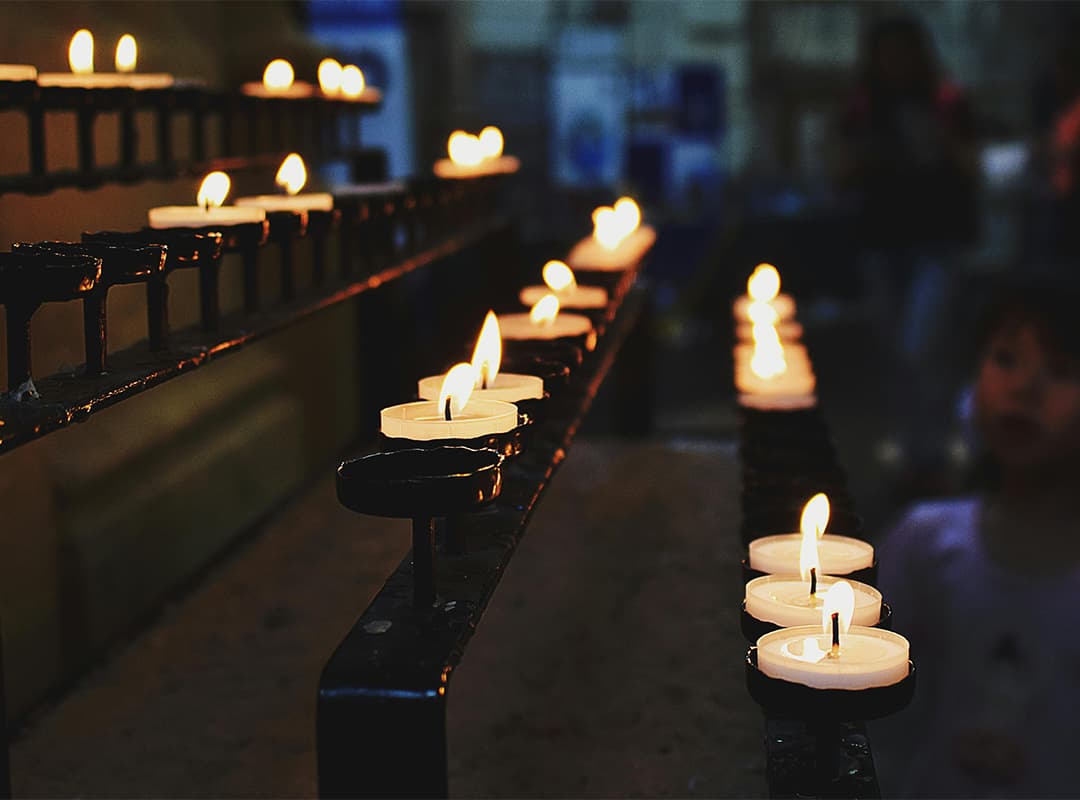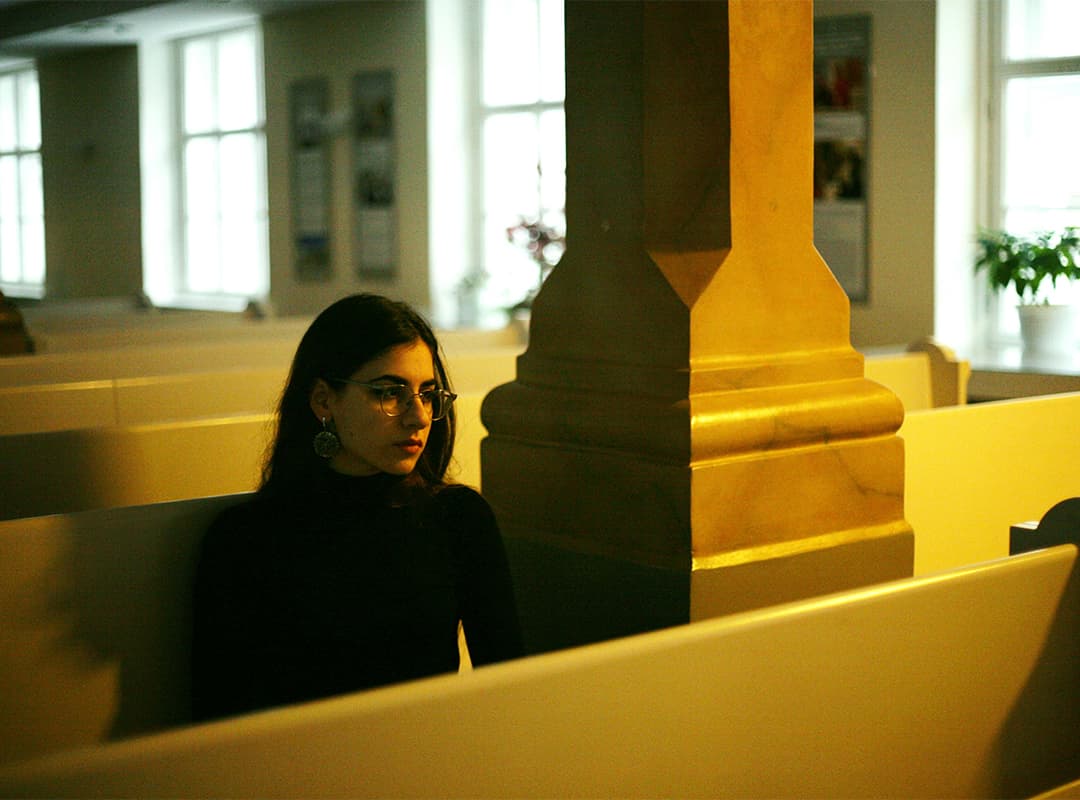Family and Early Life Elder Porphyrios was born on February 7, 1906, in the village of St. John Karystia near Aliveri, Evia. His parents, Leonidas Bairaktaris and Eleni Lambrou, were devout farmers living in poverty. He was named Evangelos at baptism and was the fourth of five children, with three siblings surviving into adulthood. His oldest sister, Vassiliki, died at the age of one, and his youngest sister, now a nun, is the only surviving sibling. Although his father felt a monastic calling, he never became a monk, instead serving as the village cantor and later emigrating to America to work on the Panama Canal due to financial difficulties.
Childhood Years Evangelos attended school in his village for only two years due to the frequent illness of his teacher. Consequently, he left school to work on the family farm and later in a coal mine and a grocer’s store to support his family from the age of eight. His father had instilled in him the Supplicatory Canon to the Mother of God and other aspects of their faith. Evangelos was noted for his maturity and diligence from a young age.
Monastic Calling Inspired by the life of St. John the Hut-dweller, Evangelos aspired to become a monk and eventually left for Mt. Athos at the age of fourteen or fifteen. He met his future spiritual father, Hieromonk Panteleimon, on the ferry to Mt. Athos, who took him under his wing, claiming Evangelos was his nephew to facilitate his entry into the monastic community.
Monastic Life Under the guidance of Fr. Panteleimon and his brother Fr. Ioannikios at Kavsokalyvia, Evangelos embraced monastic life with zeal, practicing strict asceticism, including walking barefoot in harsh conditions and sleeping on the floor with minimal cover. His deep commitment to prayer and obedience to his elders characterized his spiritual journey. Despite minimal formal education, he learned extensively about the faith through the Holy Scriptures, demonstrating extraordinary dedication and enthusiasm.
Divine Grace and Spiritual Gifts Elder Porphyrios received divine grace early in his monastic life, marked by profound spiritual experiences and supernatural gifts. He developed a heightened sensitivity to his surroundings and a profound ability to perceive and understand spiritual and physical realities. His gifts included discernment, healing, and an acute sense of smell and hearing that extended beyond normal human capabilities.
Return to the World Due to severe illness, Elder Porphyrios was forced to leave Mt. Athos and return to the world. At nineteen, he resided at the Monastery Lefkon of St. Charalambos near his birthplace, where he continued his monastic practices while recuperating. Despite his illness, he was ordained as a deacon and then a priest by Archbishop Porphyrios III of Sinai in 1927, taking the name Porphyrios.
Spiritual Father and Confessor As a spiritual father, Elder Porphyrios gained a reputation for his deep understanding and guidance. He served as a confessor in Evia until 1940, often hearing confessions for hours on end, using his gift of discernment to guide the faithful. His role as a spiritual father extended to the Athens Polyclinic, where he served as a chaplain from 1940 for over three decades, providing comfort and spiritual guidance to the sick and suffering.
Challenges and Health Issues Elder Porphyrios faced numerous health challenges throughout his life, including severe pleurisy, kidney problems, a fractured leg, hernia, and a heart attack. Despite these ailments, he continued his ministry with unwavering dedication, often working tirelessly despite his suffering.
Foundation of a Convent Elder Porphyrios longed to establish a convent for devout women who were his spiritual daughters. After many efforts and overcoming numerous obstacles, he founded the “Holy Convent of the Transfiguration of the Savior” in Milesi, Attica. He dedicated himself to the construction and development of the convent, living under difficult conditions and tirelessly overseeing the work.
Final Years and Legacy In his later years, Elder Porphyrios continued his ministry despite declining health and eventual blindness. He focused more on prayer, offering silent intercessions for those who sought his help. Elder Porphyrios passed away in 1991, leaving behind a legacy of deep spirituality, compassion, and unwavering faith. His life and teachings continue to inspire and guide the faithful.


